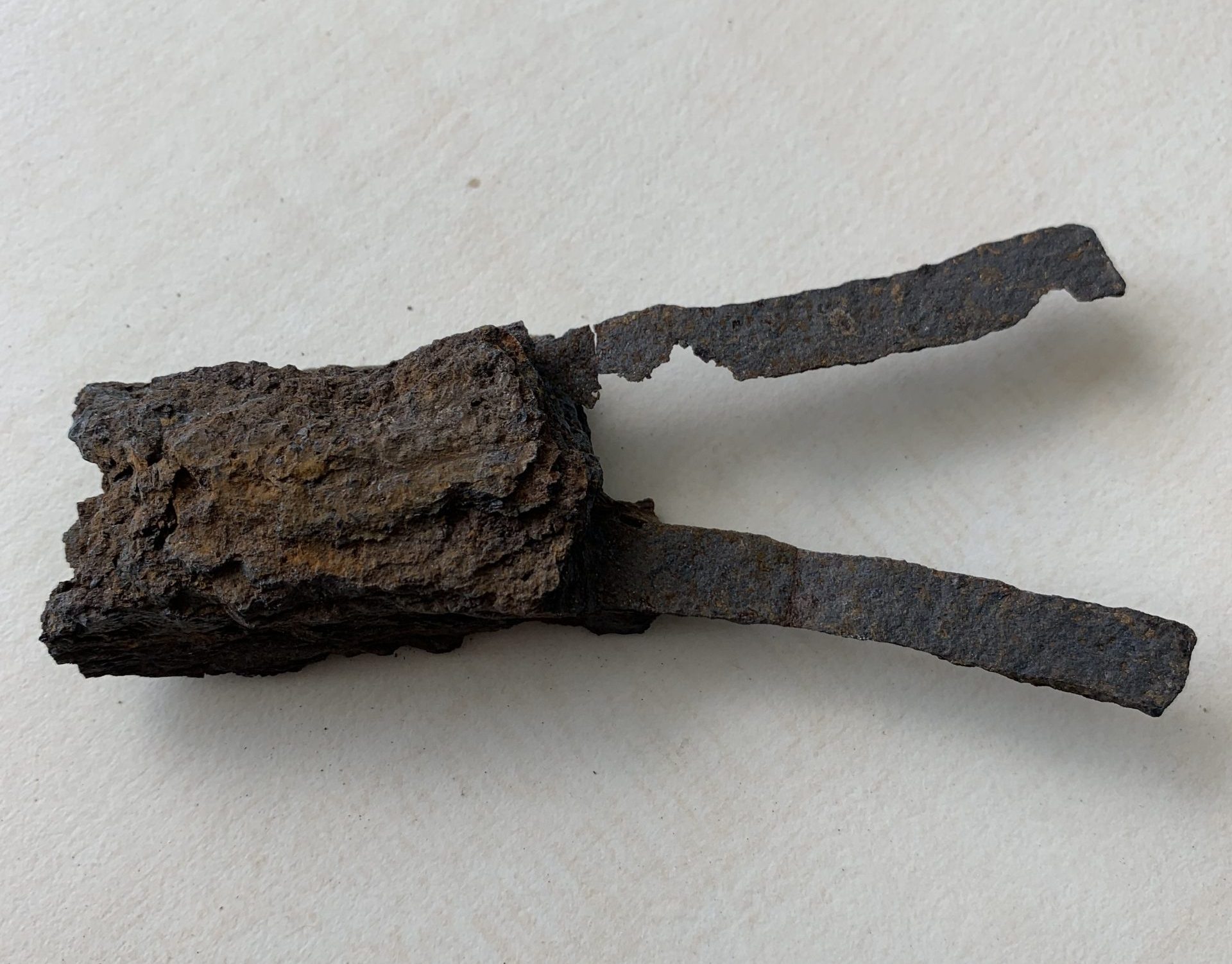A team you can trust
How it works
Cavity wall ties were first introduced in the early 20th century to provide insulation and protection from dampness due to water ingress.
These ties fixed the inner and outer skins of walls together.
Cavity wall-tie failure occurs when the metal ties corrode, weaken, or break. This can be caused by several factors, the most common being moisture penetration, which leads to rusting of the ties, particularly in older properties where mild steel ties were used without protective coatings. Poor-quality materials or improper installation can also contribute to early failure, as can thermal expansion and contraction, which cause stress on the ties over time. Additionally, wall movement due to structural settlement, strong winds, or nearby construction work can accelerate deterioration. Signs of wall-tie failure include bulging or cracking in the brickwork, horizontal or stepped cracks in mortar joints, and separation between the inner and outer walls. If left untreated, it can compromise the stability of the building, requiring remedial work such as installing stainless steel replacement ties.
Our experienced and qualified surveyor will carry out an electrical sweep to the external surfaces of the building to locate a number of existing ties. They will drill small access holes and use an endoscopic camera to examine the condition and type of ties used in the construction. If these ties are found to be in a corroded state and affecting the stability of the walls, we would then provide a replacement specification using stainless steel ties which will be installed externally through the brick, stone or the mortar bed joints.
It is often possible to isolate the existing ties to prevent further disruption to the masonry without the need of removing the ties. The surveyor will provide the best solution for each property’s needs.




